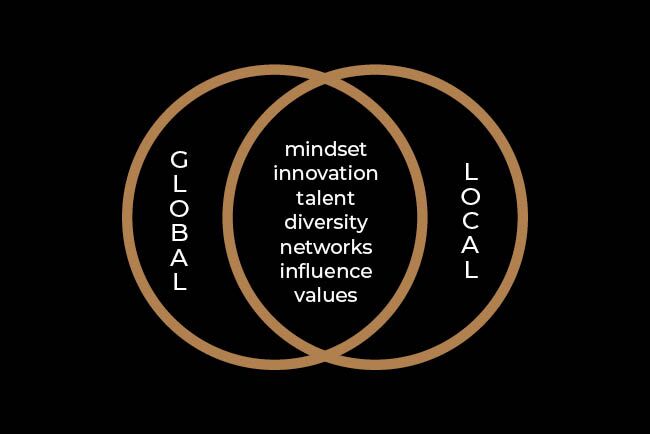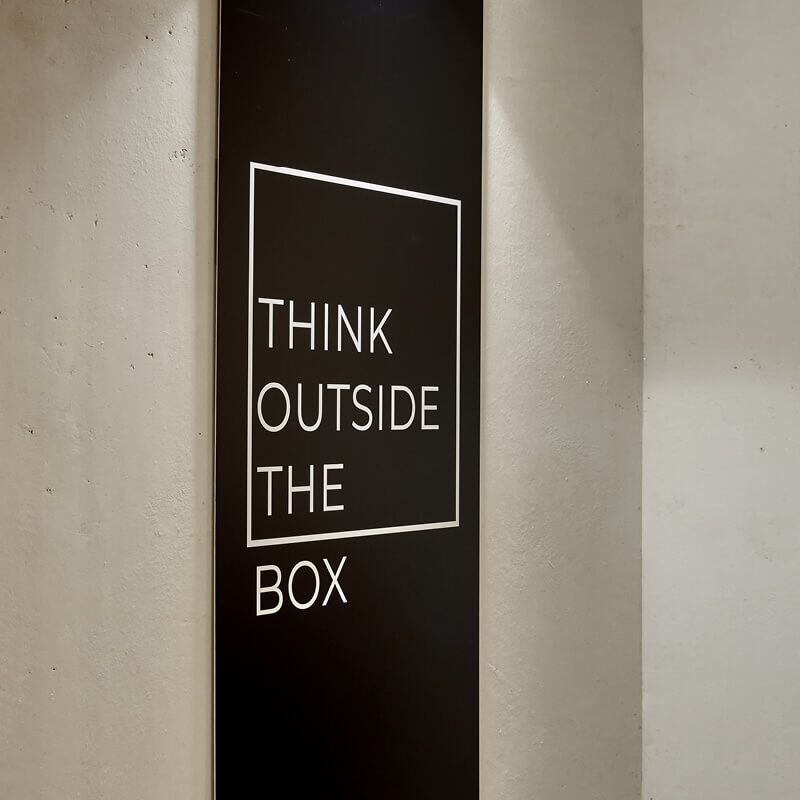Embracing Glocalisation
Bridging Global and Local Cultures
Glocalisation vs Globalisation
In today’s interconnected world, where the buzzword of globalisation shapes economies, societies, and cultures, an intriguing phenomenon has emerged: glocalisation. This term, a fusion of ‘global’ and ‘local’, represents the adaptation of global products, services, or ideas to suit local cultures, preferences, and contexts. It’s a dynamic that not only acknowledges the omnipresence of global influences but also celebrates the diversity and uniqueness of local identities.


Is Globalisation Coming to an End?
The end of globalisation as we know it looms on the horizon, a transformation spurred by a confluence of factors. Chief among them is the rise of protectionist policies and nationalist sentiments in various parts of the world, which have eroded the free flow of goods, services, and ideas across borders. Simultaneously, the COVID-19 pandemic laid bare the vulnerabilities inherent in global supply chains, prompting many countries to reassess their dependence on distant markets and prioritise self-sufficiency. Additionally, geopolitical tensions and trade disputes between major powers have fractured the once-unified landscape of global trade. Environmental concerns, exacerbated by climate change, have underscored the unsustainability of long-distance transport and mass consumption, leading to calls for localised production and consumption. Together, these factors herald a shift towards a more fragmented and regionally focused global economic order, marking the end of an era defined by interconnectedness and unfettered globalisation.


Understanding Glocalisation
Glocalisation is not merely about the spread of Western culture or the dominance of multinational corporations. Instead, it’s about the reciprocal relationship between global and local forces. It’s about how global entities integrate local flavours into their offerings, and how local communities, in turn, reinterpret and reshape global influences to fit their own cultural narratives. The concept of glocalisation is evident across various industries. Pharmaceutical companies, for instance, may need to adapt their products and marketing strategies to comply with local regulations and address cultural attitudes toward healthcare. This could involve adjusting drug formulations, packaging, or educational materials to resonate with local healthcare professionals and consumers.
Implications for Business and Society
Glocalisation presents both opportunities and challenges for businesses operating in a globalised world. On one hand, it allows companies to expand their market reach by tapping into diverse consumer segments. On the other hand, it requires a deep understanding of local cultures, preferences, and market dynamics, which can be a daunting task. Here at marketing deluxe, this is second nature. Our multicultural, multilingual team always works with local specificities within the context of an international market.
Beyond business, glocalisation holds profound societal implications by fostering cultural exchange, nurturing tolerance, and preserving linguistic diversity. By embracing glocalisation, communities can uphold their cultural heritage while engaging with the global community, promoting mutual understanding and appreciation. And we think that’s a very, very good thing!


The Role of Technology
Advancements in technology have played a pivotal role in facilitating glocalisation. Social media platforms enable individuals to connect and share their experiences across geographical boundaries, contributing to the exchange of ideas and cultural practices. E-commerce platforms provide access to products from around the world, allowing consumers to explore and engage with diverse cultural offerings. Having embraced these opportunities from the start, our team members are entirely at home with the latest technologies and know how to make the best use of them for our clients’ benefit.


Embracing Glocalisation
In a world that often emphasises homogeneity and standardisation, glocalisation offers a refreshing perspective that celebrates diversity and inclusivity. By embracing glocalisation, businesses can foster stronger connections with local communities, driving innovation and sustainable growth. Likewise, individuals can embrace glocalisation by exploring and appreciating cultural differences, recognising the richness that diversity brings to our world.
For our clients, this means that they benefit from our local knowledge and global expertise to tackle planet-wide challenges with regional solutions, thereby boosting the business resilience.
Photocredit: ©marketing deluxe














